The Nationwide House Price Index for May 2024 shows a positive turn in the UK housing market. House prices increased by 0.4% month-on-month, marking the first rise since February 2024. This brings the average house price to £264,249, an increase from the previous month’s average of £263,788. Annually, the growth rate has improved to 1.3%, up from 0.6% in April.
The market’s resilience is attributed to factors such as improved consumer confidence, robust wage growth, and lower inflation, which have helped alleviate some affordability pressures despite recent increases in long-term interest rates. There is also an anticipation of potential interest rate cuts over the summer, which may further boost market activity and stabilize prices.
Despite this monthly growth, the average house prices are still below their levels from May 2022, when they nearly reached £270,000. The ongoing economic conditions and affordability challenges, particularly high mortgage rates, continue to pose significant barriers for many potential buyers.
Mark Harris, chief executive of mortgage broker SPF Private Clients, says: “With inflation continuing to fall, it looks increasingly likely that a rate cut is on the cards, perhaps not as early as the June meeting of the Bank of England but in August.
“This should give the market a welcome boost after the general election, particularly as some would-be buyers have been waiting for the downwards trajectory in interest rates before committing. This, rather than the election outcome, is more likely to influence homebuyer decision making.”
Amy Reynolds, head of sales at Richmond estate agency Antony Roberts, says: “Some continued uncertainty around interest rates, economic stability and the cost of living is leading to caution, properties spending longer on the market and harder price negotiations.
“It’s good news that a date has finally been set for the general election as the property market, certainly where we are in southwest London, usually picks up after an election. On the downside, it’s less likely we’ll see an interest rate reduction in June, which will be the Bank of England trying not to be political, yet that decision in itself is political so we shall have to wait and see.
“An interest rate cut in June followed by the election in July would be extremely welcome, giving us a much-needed summer market.”
Jeremy Leaf, north London estate agent and a former RICS residential chairman, says: “Despite not including the increasingly high proportion of cash sales, this historically reliable house price indicator confirms what we are seeing in our offices – buyers and sellers are shrugging off possible uncertainty arising from the forthcoming election and concentrating more on probable near-term falls in inflation and interest rates.
“The increase in property choice is not having a significant impact on values or stopping some hard negotiations on both sides. Appropriately-priced property is still generating considerable interest and offers.”
Tomer Aboody, director of property lender MT Finance, says: “Buyer and seller confidence appears to be high, with inflation moving in the right direction and the likelihood of an interest rate cut on the horizon.
“More volume of stock coming to market is needed and would-be sellers need to be encouraged to move in order to help keep prices in check, as even when interest rates start to come down, affordability will still be an issue for many.
“Some assistance to encourage buyers and sellers is required – whether this comes from reduced interested rates, more flexibility on mortgages or potentially some stamp duty reform, buyers need to feel confident that they can commit to a purchase.”
Anna Clare Harper, CEO of sustainable investment adviser GreenResi, says: “UK house prices increased by 1.4% annually in May, which will be seen as positive news for many, as upward movement in the housing market is generally regarded as a good thing. It’s a reflector and reflection of confidence.
“The question everybody is asking is what impact will the election – and its results – have on the property market.
“Elections make investors and aspiring homeowners nervous. However, the truth is that the results of the election are unlikely to make a material difference to house prices.
“This is for two reasons. Firstly, the fundamentals won’t change: need continues to outstrip supply for housing as a result of population growth, and the UK’s legal framework and enforcement remains attractive internationally, meaning the market is stable and trusted.
“Secondly, while there may be policies that affect pricing for a small proportion of homes, both parties offer similar approaches. The objective is confidence during their political term, buoyed by house prices.
“For these reasons, fears of dramatic change following the election are overblown; the biggest issue is nerves and inaction in the run-up – so homeowners considering a sale, aspiring homeowners and investors alike will be pleased that the run-up to the election is not too long.”



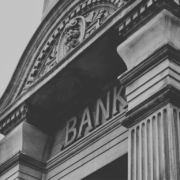



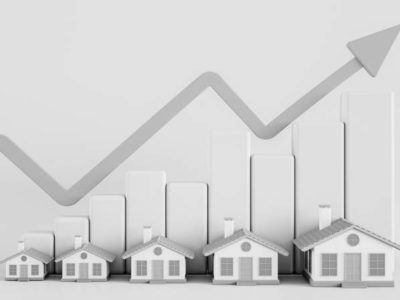

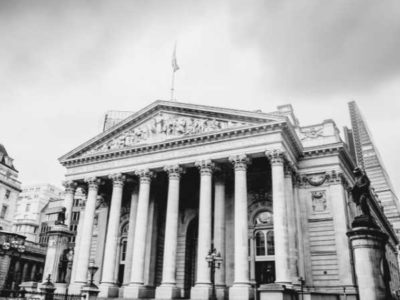
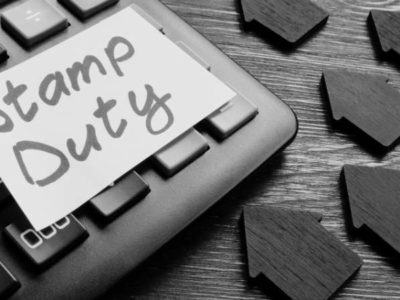





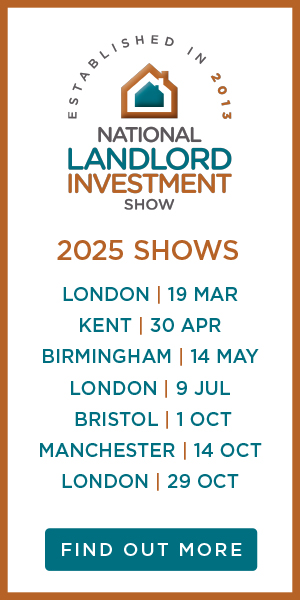








Comments